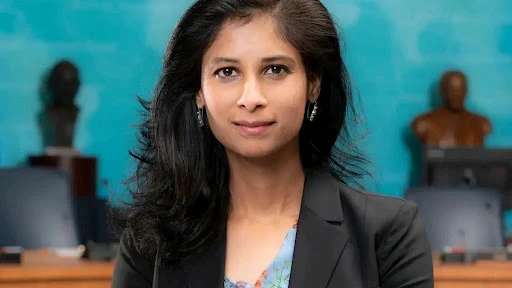By Douglas Jones
Artificial Intelligence (AI) is no longer just a glimpse into the future—it’s the driving force of the present, redefining how the world works. This was the core message from Gita Gopinath, First Deputy Managing Director of the International Monetary Fund (IMF), who recently described AI as a transformative wave unlocking new economic frontiers across industries.
In her remarks, Gopinath likened the current AI revolution to the seismic impact of the Industrial Revolution. “We’re in a new technological era,” she affirmed, highlighting how AI is already reshaping sectors such as agriculture, manufacturing, health care, and especially finance. According to the IMF, about 40% of jobs globally are poised for transformation due to AI integration—not necessarily lost, but redefined.
She stressed that AI presents not just challenges, but remarkable opportunities. With the right policies in place, countries can harness AI to boost productivity, bridge skill gaps, and drive inclusive growth. “This is a moment to lead, not to fear,” she said.
Of particular interest is AI’s growing role in global financial markets. Gopinath acknowledged that AI-powered algorithms are reshaping how investments are made, increasing efficiency and opening new possibilities for data-driven decision-making. However, she cautioned that this rapid evolution must be matched with forward-thinking regulation to preserve market stability and transparency.
Backed by robust IMF research, Gopinath called for international cooperation to develop ethical and inclusive AI frameworks that ensure technological advancements benefit all, not just a privileged few.
In her visionary address, Gopinath left the world with a powerful takeaway: artificial intelligence is not just disrupting old systems—it’s laying the foundation for a smarter, more connected global economy. And those who embrace it wisely will shape the future.

